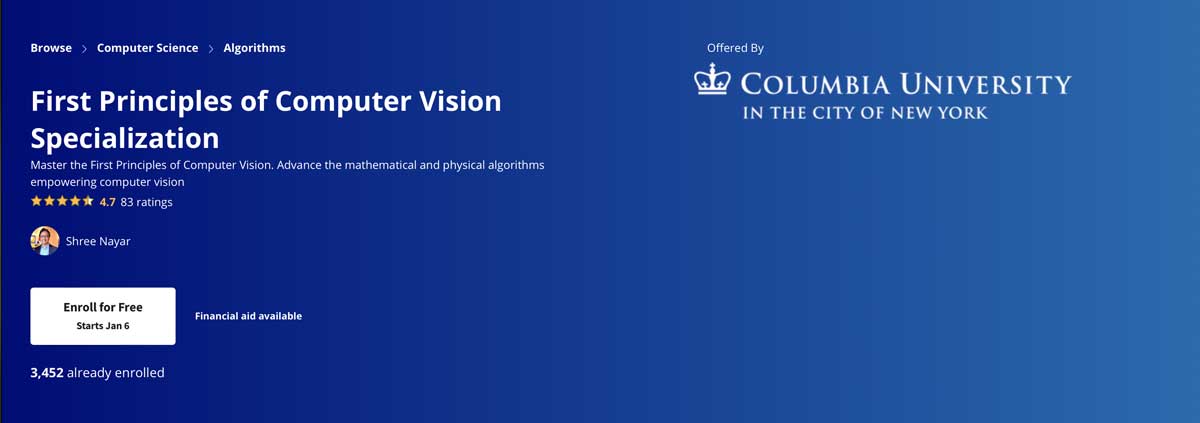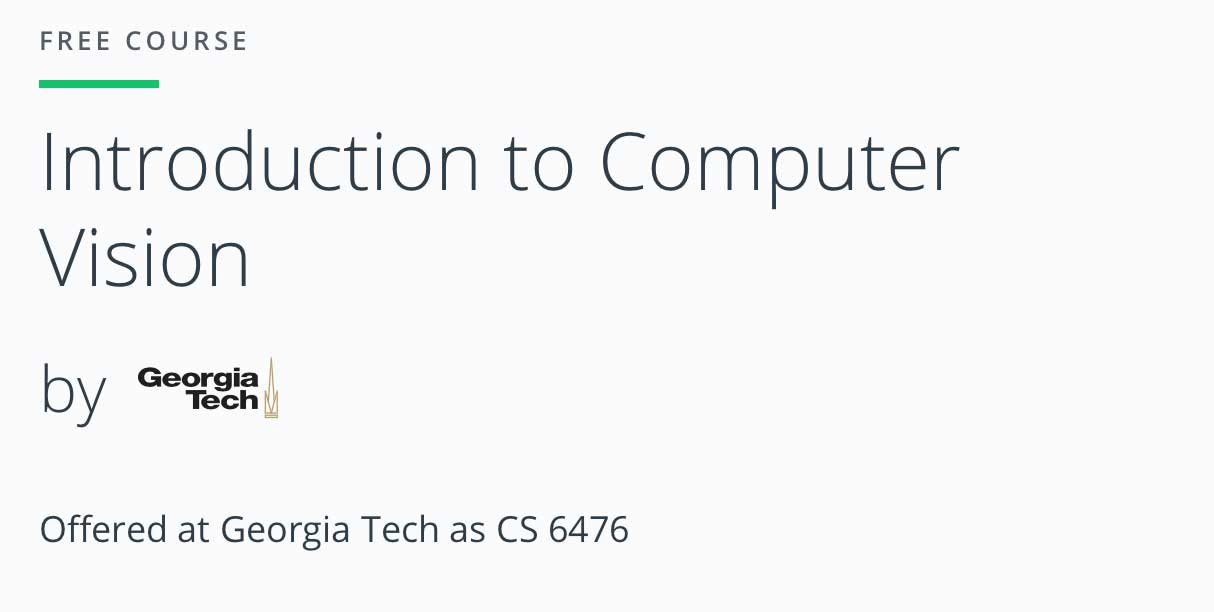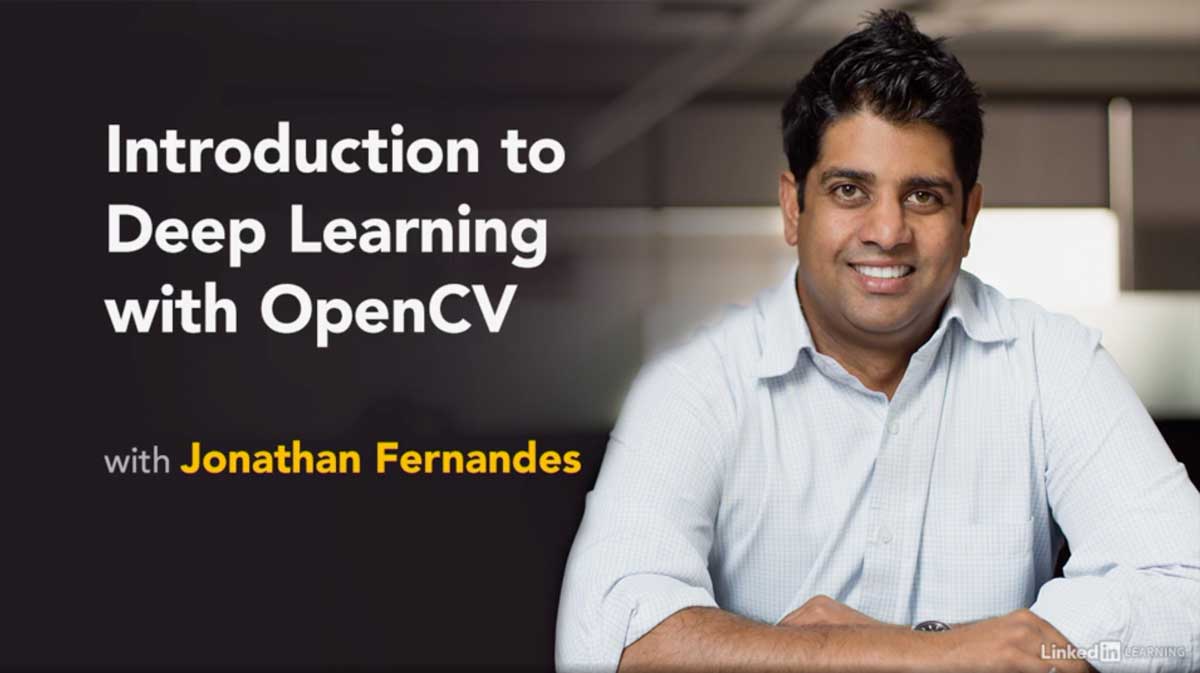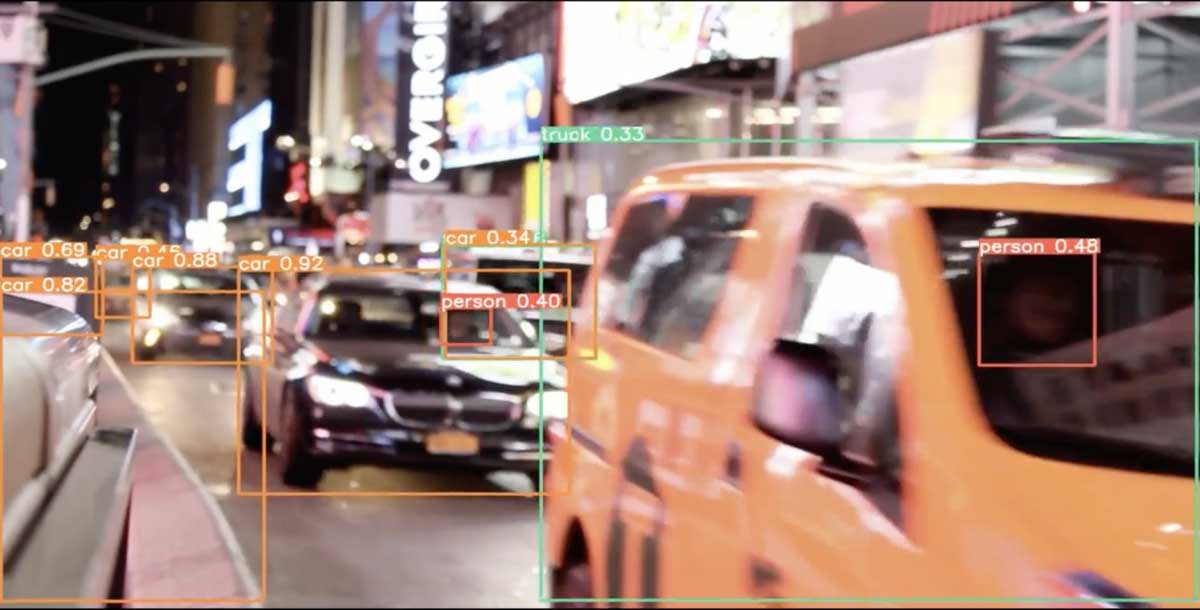Study paths: How do I choose my online course?
As for any area of study, how best to approach this field depends on what your objectives are. For computer vision, these tend to fall in the following broad categories:
- Aiming to specialize in computer vision: If you are an aspiring computer vision developer, you have an exciting path ahead of you, with several good options.
- Follow our overall recommended course or our fundamentals recommendation, depending on your starting point and objectives. If you are not able to afford these options, follow our recommended free course.
- Applying computer vision tools: Developers with other specializations can do a lot with modern computer vision tools that does not require them to have a deep understanding of the area.
- Follow our recommended crash course, introductory lab, and course with the best coverage of different tools.
- Strategic overview: Many will benefit from understanding the applications and implications of computer vision better, without necessarily looking to program anything yourself.
- Follow our recommended high-level course.
- Already a specialist: Those who are already working in computer vision will benefit from continuing education.
- Follow our recommended course for experts or go through our full list to find the course that best suits your specific learning needs.
While some universities offer good face-to-face programs that cover computer vision, there is luckily also a wide range of online courses that you can complete remotely, while having a similarly high quality and allowing you to mix and match courses as needed to meet your objectives. We have taken a comprehensive look at the available online courses and have tested them out to provide our recommendations to aspiring students.















